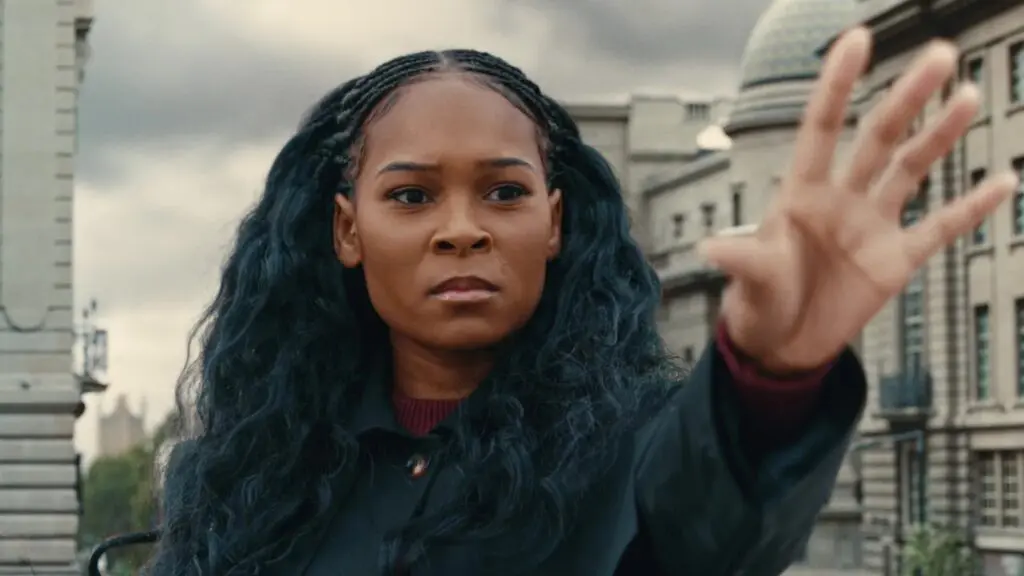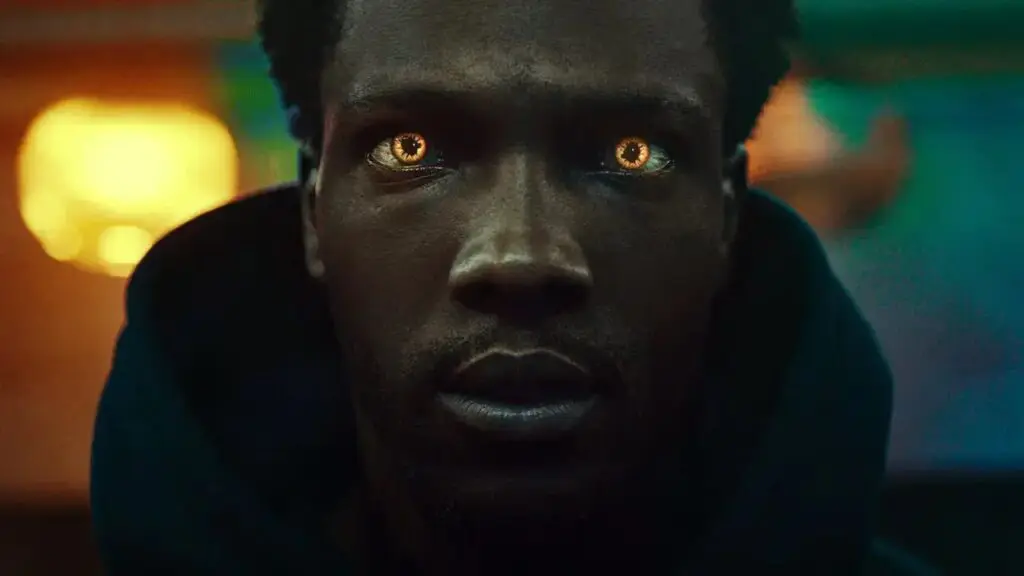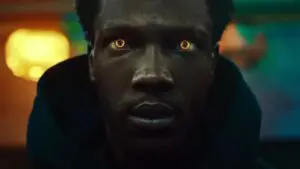Summary
Supacell is not your average superhero show and is another bold win for Rapman, who clearly has important stories to tell about real people and places.
Thanks to the MCU’s rapid and drastic decline in quality and appeal, it’s easy to believe that superhero stories have had their day. But not if Supacell has anything to say about it. Rapman’s homegrown Netflix series has its roots in the streets of South London but its finger on the pulse of contemporary entertainment, using the framework of superpowers to tell a very specific story about the Black British experience that, across six episodes (four of which were screened for this review), makes for genuinely riveting television.
Speaking of the MCU, the largely facile approach of that mega-franchise has largely popularized a less-interesting take on superheroics, where all the potential subtext is replaced by CGI bombast and unfunny quips. We’re used to superheroes now. We’ve seen every origin story, met every villain, and know to stay for the credits. It’s a well-established rubric that modern audiences are intimately familiar with.
And Supacell does subscribe to it, for the most part. There are early scenes of normal people discovering – often quite suddenly – that they’re possessed of a power they didn’t know about; invisibility or super strength or telepathy or whatever. And they react to it in about the way you’d expect. It’s mostly shock and confusion and then a gradual realization that these powers can be used for good or ill within their specific circumstances.
It’s the circumstances that Supacell is really good at because they’re all confined to the estates and clubs of Peckham, Lewisham, Brixton, and Camberwell, where everyday working-class people deal with everyday working-class problems. The genre is familiar, but the characters, setting, and tone are entirely distinct.
It takes a couple of episodes for the underlying plot to even emerge. The early part of the season simply spends time with the core characters who will eventually form crucial parts of a more wide-ranging narrative. We’re introduced to Michael (Tosin Cole), a mild-mannered delivery driver who is just trying to marry his childhood sweetheart Dionne (Adelayo Adedayo) and look after his mother, who is struggling with sickle cell. We also meet Andre (Eric Kofi-Abrefa), an ex-con who is struggling to maintain a relationship with his teenage son, a low-level weed-dealing geezer named Rodney (Calvin Demba), the leader of a local gang (Tazer, played by Josh Tedeku) trying to survive a turf war against a rival outfit, and a nurse named Sabrina (Nadine Mills) with terrible taste in men.

Nadine Mills as Sabrina in Supacell | Image via Netflix
Throughout the first episode or so it emerges that all of these characters have powers – Michael can time travel, Andre has super-strength, Rodney has super-speed, Sabrina is telekinetic, and Tazer can turn invisible at will. But it still isn’t clear how they’re all related beyond the fact that, when they use their powers, their eyes turn yellow and cat-like.
This is until Michael inadvertently zips into a future where the above characters are all united in a battle against hooded villains, and a future version of himself tells him that pretty soon Dionne is going to be killed by these “hoods”. He can prevent her demise, but only by uniting Andre, Rodney, Sabrina, and Tazer, none of whom he knows except for a chance and violent encounter with the latter.
I’ll say no more about the plot since it’s best enjoyed in real time, and it’s also not the point. This is a show that is trying to deliver an underlying message and does so in ways both obvious and not, but you won’t be surprised to learn that the only white people in the show are presiding over a lab facility that seems to be monitoring the people with powers, all of whom are Black.
I know what you’re thinking – “woke”, or some other such nonsense. But hold your horses. Supacell is progressive, sure, but not in that preaching, tokenistic way you’re thinking. It’s progressive to its very core, tapping into a rich vein of economic and cultural diversity in a lived-in London that feels alive with authentic detail and nuance. Rapman proved in Blue Story that he had an excellent knack for the rhythms of everyday inner-city life, but here he expands the scope, climbing a few rungs into the lower-middle-class and exploring how the Black British experience evolves to suit its surroundings.
Helping to tell this story is an impressive cast of largely unknown and inexperienced actors, some plucked from other corners of British art (some cameos will have you doing that “Leonardo DiCaprio pointing at the TV” meme if you’re in the right demographic.) Top Boy did this to great effect, and Supacell often feels like a cross between that show and something like The Power on Prime Video.
Either way, it’s good, and clearly the work of an important creative who has real stories to tell about real people and places. It just so happens that in this case, he’s telling them with the aid of the most played-out genre trappings imaginable, which will either be the thing that lures a gigantic audience to Supacell or the thing that scares them away in fear of wasting six hours on another derivative copycat.
Hopefully, they give Supacell a chance, since it only takes an episode or so to get its hooks in, at which point it becomes clear that, some tropes aside, this is not your average superhero show.
RELATED:




